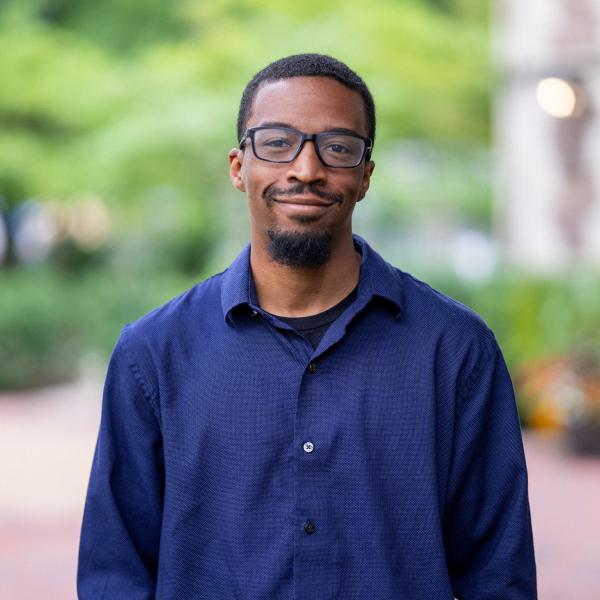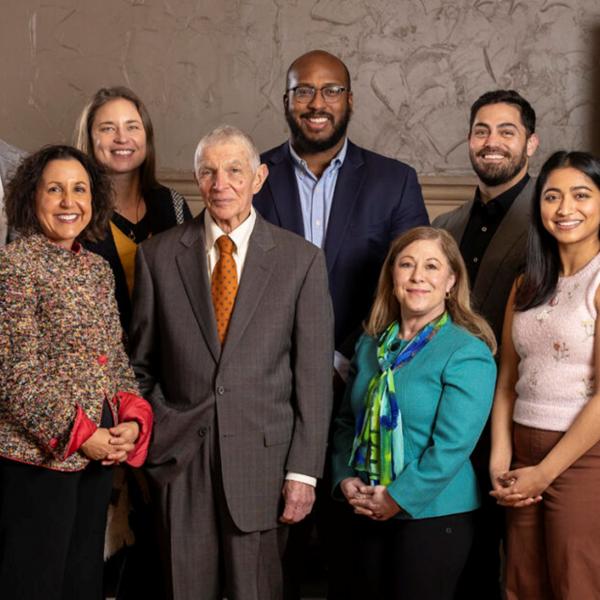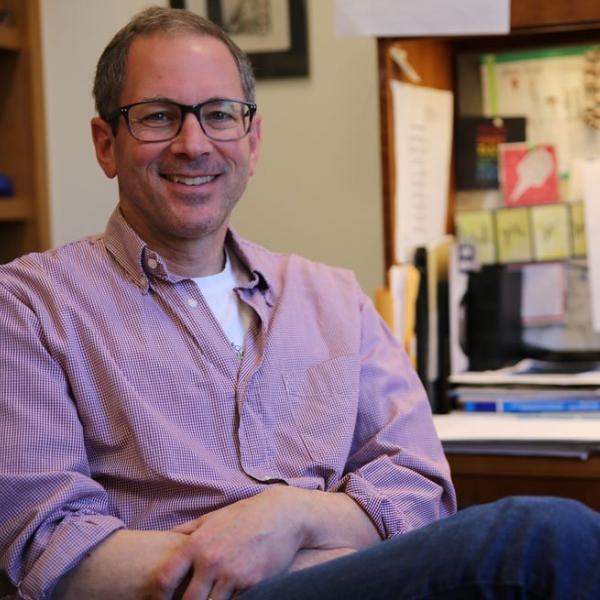Full Description: A Postdoctoral Research Scientist position is available immediately to join a team that is studying the phytochrome family of photoreceptors to understand how they transition between their spectrally and conformationally distinct inactive Pr and active Pfr states and finally drive various responses to light after activation. In various microbes, phytochromes control a gamut of events, ranging from development and motility to reproduction and pathology. In green plants, phytochromes are the dominant photoreceptors that trigger a number of critical developmental transitions, including seed germination, seedling growth, chloroplast development, shade avoidance, circadian rhythm entrainment, flowering time and senescence. Thus, understanding how phytochromes signal not only has interest at a basic science level and technology development, but also with respect to crop improvement, the ecology of microbial communites, and disease prevention.
The goals of this NIH-funded project are to use an array of structural and biochemical approaches to understand: (i) the early conformational events during the transitions between Pr and Pfr using serial femtosecond crystallography; (ii) the structure of phytochromes as Pr and Pfr using an assortment of X-ray crystallography and cryo-EM approaches to define the conformational changes that distinguish these two states; (iii) how various isoforms of plant phytochromes exploit their biochemical differences to enable perception of both light and temperature; and ultimately (iv) how signaling by Pfr is transmitted to downstream partners, be it microbial phytochromes that work in histidine kinase cascades, or plant phytochromes that induce reversible inactivation of a suite of PIF transcriptional repressors. We then want to exploit this knowledge to engineer plants expressing phytochromes with unique signaling properties for agricultural benefit.
Importantly, all of the methodologies are in place to express spectrally-active phytochromes recombinantly and study them in the test tube and by cryo-EM and X-ray crystallography using facilities both at Washington University and through various collaborators. Of particular interest is our recent development of robust assays to watch phytochromes interact with their downstream partners and are thus poised to determine the initial steps in signaling for the first time. See papers by Burgie et al. (2015) PNAS; Burgie et al. (2016) Structure; Legris et al. (2016) Science; Fuller et al., (2017) Nat. Methods; Burgie et al. (2017) Sci. Rep.; Burgie et al., (2020) PNAS; Burgie et al., (2021) PNAS; Li et al. (2022) Nature; and soon to be released atomic-resolution view of a plant PhyA dimer in Nature Plants for more background on the topic and experimental approaches. The project not only offers exciting science but also the ability to become proficient in modern 3D structure, proteomic, biochemical, and structure-guided engineering approaches. We also have a greenhouse full of maize expressing mutant forms of phytochromes that hopefully will alter plant development for agronomic benefit.
Washington University in St. Louis is a center of excellence in all aspects of biology with a special emphasis on plant science, and includes modern facilities and instrumentation necessary for the proposed work. In addition, the Washington University Medical School, the Danforth Plant Science Center and companies such as Bayer Crop Sciences and Benson Hill are nearby, making St. Louis an attractive place to do research with an abundance of technical expertise available. St. Louis is a diverse community which boasts an attractive living environment with numerous cultural, sporting and recreational activities close by.
Requirements: Ph.D in biochemistry, genetics, molecular biology, or related areas. Experiences with various structural techniques and a broad background in biochemistry would be helpful but not essential. A competitive salary (commensurate with experience), fringe benefits including health insurance, and travel support to meetings are available. Funding is for at least 2 years with additional years possible. Washington University in St. Louis is an Equal Opportunity/Affirmative Action Employer.
Application Instructions: Email (rdvierstra@wustl.edu) or send your resume, copies of relevant publications, a cover letter detailing research experience, and a list of three scientists (preferably faculty) that can provide letters of recommendation to:
Dr. Richard D. Vierstra
George & Charmaine Mallinckrodt Professor
Department of Biology, Washington University in St. Louis
One Brookings Drive
St. Louis, MO 63130. 314-935-5058 office. 608-469-6569 cell
Questions about this position and our recent progress can be addressed via email (rdvierstra@wustl.edu) or by phone (608-469-6569, cell). Applications will be accepted until a suitable candidate is hired.




